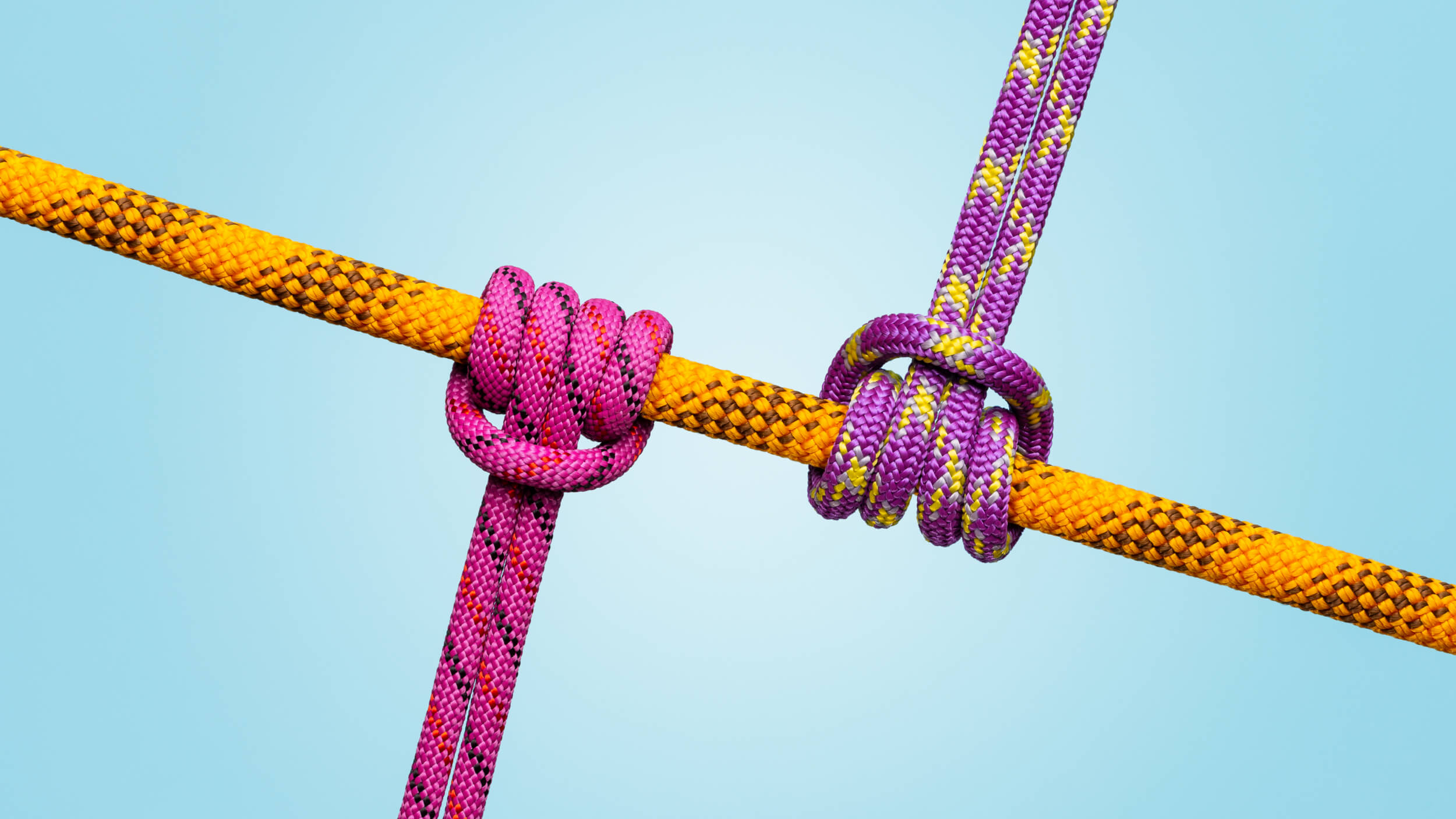When you figure out the formula that encourages repeat business and customer loyalty, each new customer can grow your business exponentially.
Question: How should a start-up business reach out to potential customers?
Tony Hsieh: I definitely think that especially when starting out there is this temptation to like try to sign up as many whatever, customers, users, whatever you want to call them as much as possible and we certainly had that mentality when we started at Zappos and we bought a billboard behind the Giants' stadium to try to advertise Zappos and market to new customers. But I think a much better use of time and resources is to really focus on your existing users or customers and figure out what changes can you make in the Web site, the service, the product, whatever, to get them to come back more often to generate that repeat business and once you kind of figure out that formula, then when you get new customers the whole thing just kind of grows exponentially. But I would say rather than focus on trying to get a lot of customers to market yourself, really focus more on the actual product or service itself and existing users to, like, what would make them happier, what would make them come back more and more times or in our case buy more often.
Question: Is your customer service applicable to B2B business models?
Tony Hsieh: I actually think B2B has a much bigger advantage because for most B2B it’s actually fewer customers than B2C for the same amount of revenue or profit and so you can actually invest more time in relationship-building and making it a lot more personal and so on... Versus it just wouldn’t make economic sense for us to call each one of our customers say once a month to say "How's it going?" But if you’re selling $10,000 equipment to offices then a phone call once a week to whoever is in charge of purchasing that is you know and then going to lunch with them or whatever is definitely one way you can build up that personal emotional connection and what we believe is that once you have that personal emotional connection that is when the loyalty really comes in.
Question: Which companies do you admire?
Tony Hsieh: Well so one… This is a West Coast chain, but one company that I really admire—and I actually don’t know how it works on the inside—is In-N-Out Burger, so great product and every place I’ve gone great service, friendly employees, happy employees. And I think that is partly true because I think they’re family-owned, and they’re not trying to expand as quickly as possible, maximize growth and profits, but they’re being true to themselves. And I think that is ultimately who's going to win in the long run. Apple is another company, on the product side they’re not trying to jam every feature in every product, but really they know who they are and they’re staying true to that and I think that is true for Apple. That is true for In-N-Out and that’s true for us.
Question: Does your advice apply to both small and large companies?
Tony Hsieh: Now I think the most important thing is just if you hire people whose personal values match the corporate core values—and not just the stated ones, but the ones actually in practice—then that’s definitely the easiest way and if anything... you know we didn’t rollout our core values until 2005, so 6 years into it and if I could do it all over again I’d do it from day one. Because it’s actually, the smaller you are the easier it is to do it and so my advice would be to start really you know, depending... I don’t know how big they are. But the easiest way is if you’re just starting out just figure out your own personal values and then just make those the corporate core values, but if it’s a smaller group then make sure to engage the employees and then the other thing that we found when we rolled out our core values was there was not everyone bought into it and fit into it and so the key is making sure you manage those people out and what we found is once that happened then the people remaining really became a lot more passionate and engaging, committed to growing the organization around our culture and core values.
Question: What has been your biggest customer challenge?
Tony Hsieh: In general we try to… not even me, but just we try to empower our frontline employees to just make the right decision and do whatever they feel is right for the customer. So we don’t have rules of "If this happens then you have to get supervisor approval." And so for the most part it never really makes its way up to me because we take that mentality. We’d much rather... What is interesting is usually most companies bring these escalation rules for approval because they don’t want the frontline employee to, you know... say someone bought a $50 shoe and refund them $1,000. And the reality is it’s usually the opposite problem that we have. We find that our frontline employees are too protective of the company and we actually have to… especially if they come from other call centers we have to un-train that mindset and teach them to be more generous with our customers.
Question: What surprises you about today's online shoppers?
Tony Hsieh: I think not so much now, but definitely in the early days what surprised me was just how quickly word-of-mouth can spread online, and how—even though they don’t have to—how customers once they’re happy put in effort to let their friends know about it. And there has been so many blog posts about Zappos for example where, I mean, they’re long and it’s like it took them an hour. It clearly took them an hour to write and there is no you know we’re not… They’re not getting paid to write this blog post. We’re not paying them and yet they’re so passionate about the service they received that or their experience that they felt like they should spend an hour writing an essay and then sharing it with the world and so I think just that type of mentality has been pretty surprising to me.
Recorded September 24th, 2010
Interviewed by Peter Hopkins





